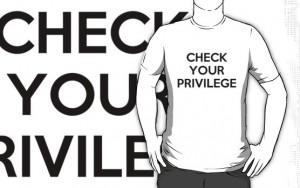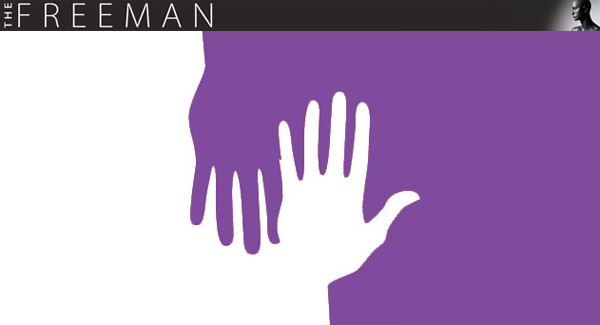Against the Libertarian Cold War
Anti-Statism, The Basics, WarA controversy has arisen in the libertarian movement over the proper approach to the events concerning Russia, Ukraine, and Crimea. Like many such controversies, it has quickly polarized almost everyone, and has served as a proxy for long-standing factionalism within the movement. People quickly accuse each other of supporting Putin’s aggression or backing violent U.S. intervention. I myself have been accused of both kissing up to the Russian regime and dishing out State Department propaganda. This doesn’t itself show I have the right balance in my position, only that this feud has galvanized libertarians and hardened their rhetorical loyalties.
We might learn something from looking back at the 20th century. During the Cold War, most western critics of state power erred too far in one direction or the other. There were some whose opposition to U.S. wars led them to soften their assessment of communist aggression. Free-market and leftist lovers of peace both made this mistake. At the same time, many who favored economic and political liberty often let their anti-communism translate into support for American militarism and the security state. This confusion pervaded Americans across the spectrum.
We can all see this now: Yes, some antiwar Americans were obscenely soft on the communists. Well-meaning but foolish westerners said nice things about Lenin, Stalin, and Mao—and many of a more moderate tinge had no perspective of just how much worse international communism was than the U.S. system, at least as it concerned domestic affairs. Meanwhile, many libertarians and almost all conservatives ditched their supposed attachment to skepticism of government power and signed onto the U.S. Cold War effort. This American project included dozens of coups and interventions, the instruction of foreign secret police in unspeakable torture techniques, murderous carpet bombings that killed hundreds of thousands of peasants, and wars that indirectly brought about the Khmer Rouge and the rise of Islamist fundamentalism, both of which also became directly funded in the name of anti-communism.
It is easy to look back and see how westerners were wrong on both the Cold War and communist states—each of which killed millions of people and nearly brought the world to the brink of nuclear holocaust.
…
Against the Libertarian Cold War Read Post »




